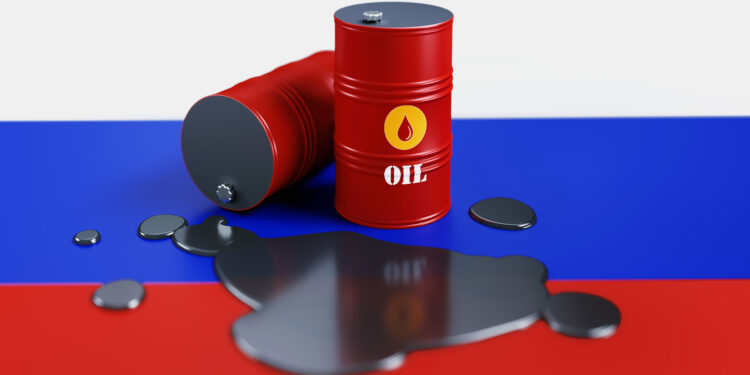Today, Tuesday, Russia imposed a 6-month ban on gasoline exports, starting next March 1, to maintain price stability in light of increasing consumer and farmer demand, and to provide the opportunity to maintain refineries in the world’s second largest oil exporter.
The Russian Business Council quoted an unidentified source as saying that Prime Minister Mikhail Mishustin agreed to the ban proposed by Russian Deputy Prime Minister Alexander Novak – who is Russian President Vladimir Putin’s assistant for the energy sector in Russia – in a letter dated February 21.
The council also quoted Novak as saying, “In order to offset the excess demand for petroleum products, it is necessary to take measures that help stabilize prices in the local market.”
This Russian decision will not be applied to the member states of the Eurasian Economic Union (Russia, Armenia, Belarus, Kazakhstan, and Kyrgyzstan).
Russia’s exports of oil and petroleum products occupy the largest share of Russian exports, and are also a major source of foreign currency revenues for the Russian economy, whose size is estimated at approximately 1.9 trillion dollars.
Russia is working with Saudi Arabia, the world’s largest oil exporter, to keep prices high within the broader OPEC+ group, which includes the Organization of the Petroleum Exporting Countries (OPEC) as well as its main allies.
Russia is already voluntarily reducing its oil and fuel exports by 500,000 barrels per day in the first quarter of this year as part of OPEC Plus efforts to boost prices.
Last year, Russia produced 43.9 million tons of gasoline, and exported about 5.76 million tons, or an estimated 13% of its production.
African countries are the largest importers of Russian gasoline, including Nigeria, Libya and Tunisia.
It is noteworthy that Russia had imposed a ban on gasoline exports in the period from September 21 to November 17, 2023, with the aim of achieving stability in the price situation in the local market for automobile fuel, while the ban was lifted after the local fuel market became saturated and a surplus was achieved. the offer.



